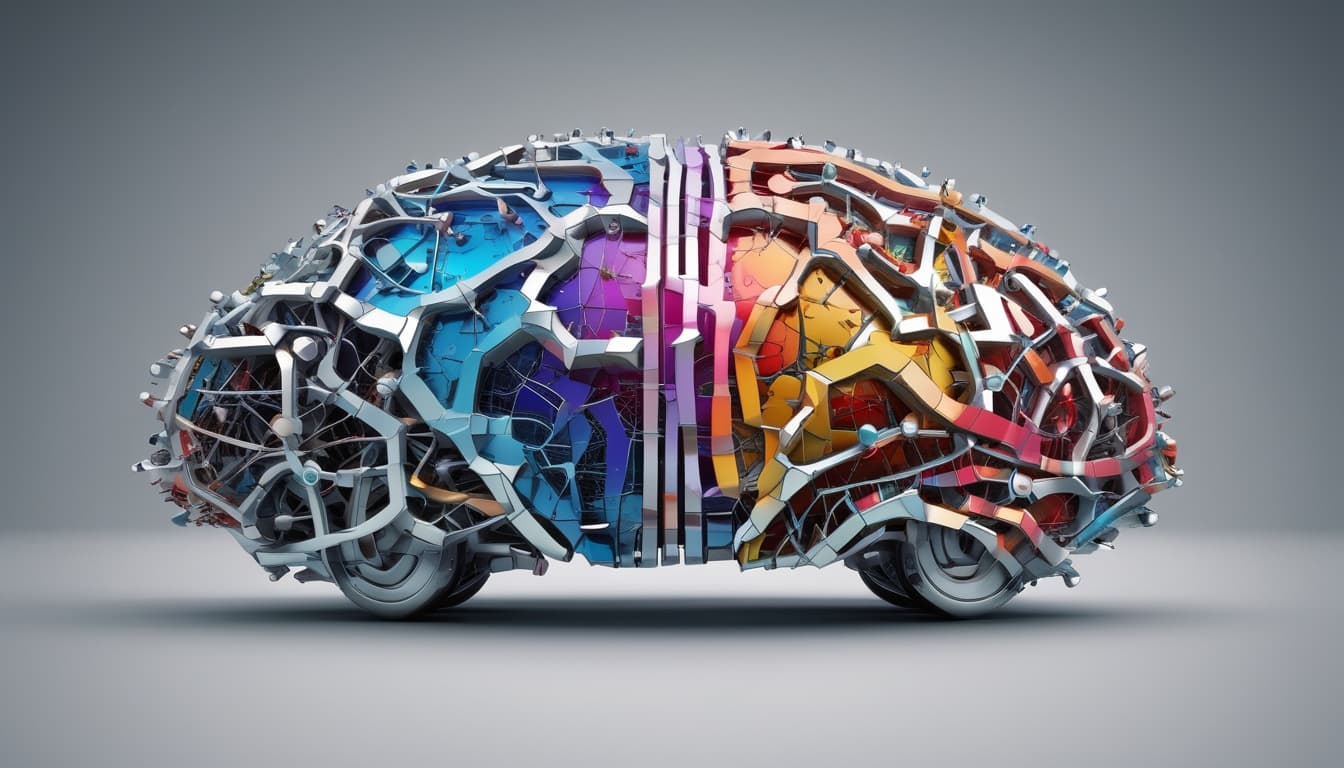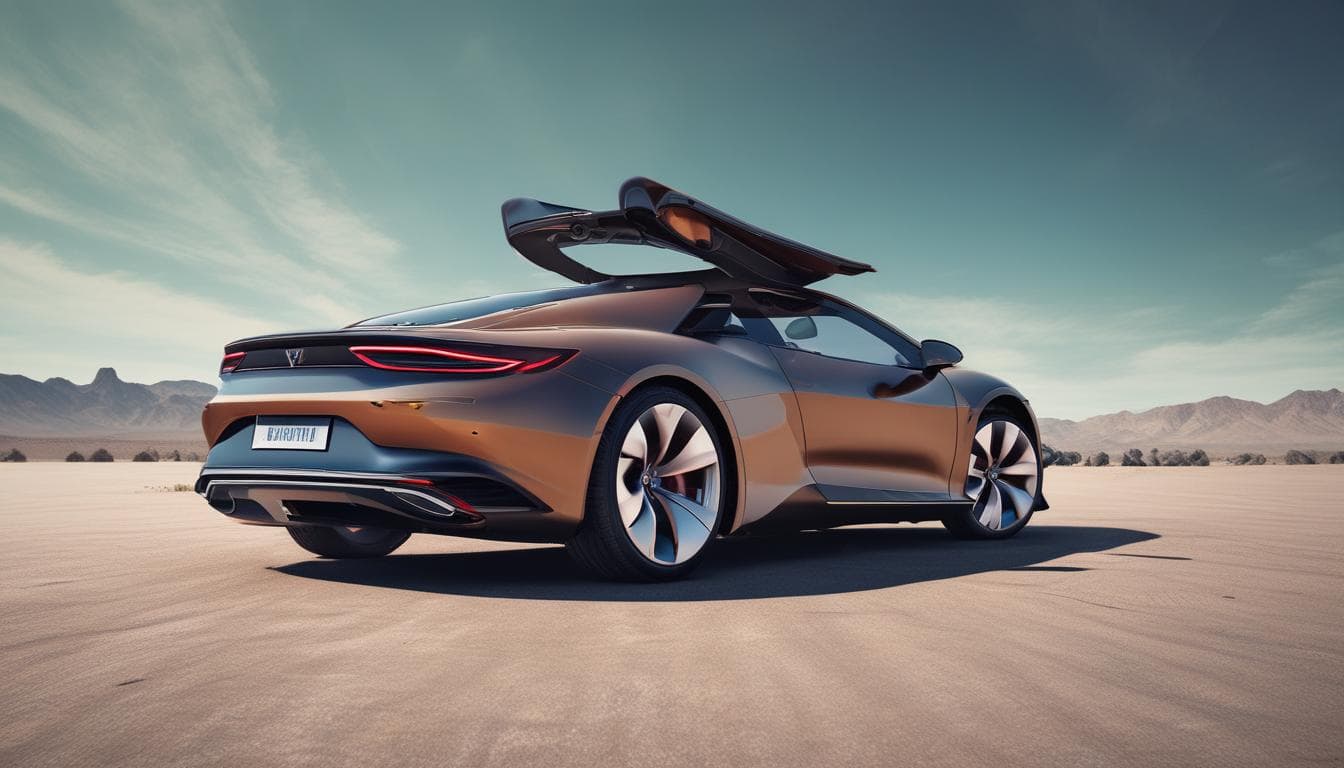With the increasing sophistication of AI in vehicles, how do you envision the future of in-car education? Could our commutes become personalized learning experiences, seamlessly integrating with our work and personal lives? What subjects or skills could be effectively taught in this context, and what challenges might arise?
The future of in-car education with AI integration presents an exciting frontier for learning, especially as we seek to make the most of our time during commutes.
Envisioning the Future
Imagine entering your vehicle and it recognizing your learning profile, gently guiding you into a personalized session as you drive to work. This could range from language learning through interactive speech modules to engaging with educational podcasts or audiobooks tailored to your career development needs.
Potential Subjects and Skills
-
Language Acquisition: Immersive language programs could facilitate language learning through conversation practice with AI. This would be particularly effective as you engage with real-world content like news in the target language.
-
Professional Development: Commuters could benefit from skill-specific content such as coding lessons or business strategy workshops, providing a hands-on approach through audio guides and possibly augmented reality (AR) elements.
-
Mindfulness and Well-being: Courses focusing on mindfulness or stress reduction could be incredibly beneficial, turning daily commutes into moments of reflection and personal growth.
Challenges
-
Safety Concerns: The primary issue is ensuring that these learning environments do not distract from driving. This necessitates creating highly intuitive interfaces and ensuring that audio content does not overwhelm but rather complements safe driving.
-
Seamless Integration: Establishing a seamless integration between your vehicle’s AI and existing devices or platforms is crucial. For example, synchronizing progress across devices to ensure continuity when you transition from your car to other learning environments.
-
Varied Learning Preferences: Catering to different learning styles is also a challenge. Visual learners might miss out on effective content delivery if the system is predominantly audio-based.
Moving Forward
Automakers and tech companies must collaborate to create an ecosystem where cars can safely and effectively function as learning spaces. Exploring partnerships with educational platforms to offer recognized courses and credentials could enhance the offering and provide real value. This vision requires not just technological innovation but thoughtful design prioritizing user experience and safety.
By leveraging AI for in-car education, we can transform mundane commutes into valuable learning opportunities that enrich life and boost productivity.
探索更多相关内容
加入讨论
- 汽车智能情感交互:畅想未来驾驶体验
探讨汽车如何根据驾驶员的情绪调整驾驶体验,包括音乐、灯光和驾驶模式,分析其潜在的益处和风险,以及用户最期待的功能和担忧。
- 未来十年,汽车会成为“超级移动终端”吗?
探讨未来十年汽车是否会演变成“超级移动终端”,以及它如何重新定义人车关系、交通出行、娱乐方式、日常生活,并分析可能带来的新商业模式和社会挑战。
- 未来十年,汽车会成为“车轮上的情感伴侣”吗?
探讨未来汽车如何超越交通工具的角色,通过学习驾驶习惯、音乐偏好和情绪状态,提供个性化的驾驶体验,并以此建立更深层次的情感连接。





